Rose Nierman talks about breaking the financial barriers that exist for billing TMD and airway services.
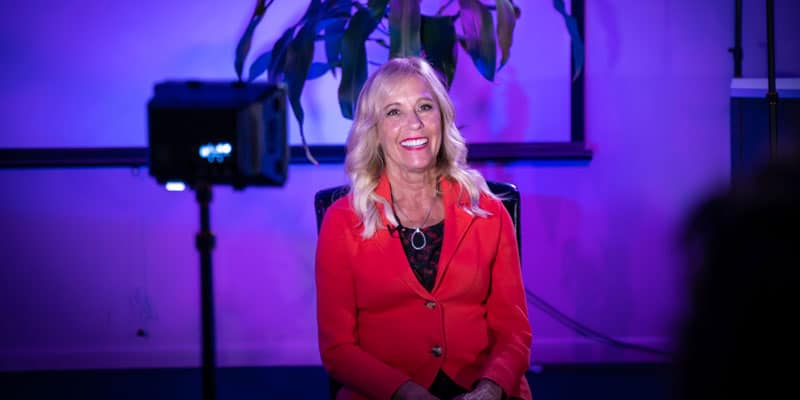 DSP interview with Rose Nierman
DSP interview with Rose Nierman
Rose Nierman has been the go-to source for dentists getting paid for new services since before the first mandibular advancement devices hit the market. She feels that managing patient success includes making financial barriers as low as possible. To help current dentists appreciate how medical billing has become the norm for TMD and airway support services, DSP engaged Rose in a lively conversation.
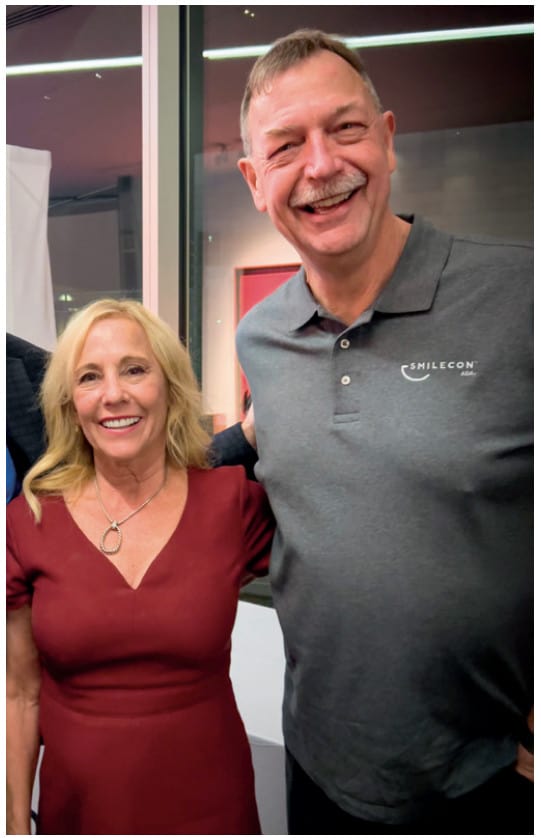
DSP: Rose, let’s start at the beginning. How did you get involved in medical billing?
Rose Nierman: I was a dental hygienist. Our dentist took us all to see Brendon Stack – he talked about success treating TMD in our practice. My dentist asked me to learn how to be the TMD assistant, so I started helping with appliances. We got started with American Academy of Craniofacial Pain and treated these patients for quite a while. When our admin staff attended a course on billing and came back to the practice and refused to take that on, I thought “I could do that.” Soon, I wasn’t doing hygiene any longer – TMD assisting and medical billing became my role. The more I got into it, the more I wanted to do. Our practice was mostly fee for service, so we’d give patients superbills and a narrative report of medical necessity, and they would get reimbursed. I became good at talking patients through this process, so I learned a lot about coding and documentation.
Rose always strives to provide the most relevant data and products. If she doesn’t have the answer today, she will find out what she can to provide information tomorrow. For over 20 years, she has provided me with guidance on understanding medical billing for dentists. She has worked her entire career to provide solutions intended to lighten the struggles of the dental to medical translation for insurance and letters. Personally, I’ve seen her solutions succeed for thousands of offices, and I look forward to watching her lasting impressions help dentists help patients. Thank you for everything Rose!
– Glennine Varga

DSP: That’s the same today, isn’t it? Administrative staff still must take on medical billing, some offices are fee for service, and documentation is required, right?
RN: Yes, but it’s also different. The documentation requirements for sleep appliances have undergone changes. It got a lot easier when CMS (Medicare) started allowing for mandibular advancement devices and set down the rules for what information is necessary for a complete claim. By giving us a list of what is needed, it made it simpler for dentists to gather everything from the physicians. Many of our clients initially tried to stay fee for service, so they collect upfront, but they are finding out that the insurance companies are turning around and calling them to get documents when the patient submits the claim on their own. So, the dental practices are still having to put some effort in for claims to be paid, but they have the money upfront. By the way, we still hear from some physicians that they don’t think oral appliances are covered by medical insurance and say that’s one of the reasons they don’t prescribe them. One doctor I know told me he ‘just refers them to Inspire,’ because he thinks the “dental device” won’t be covered, but the implant will. I think this comes from being told about fee for service in dentistry, so they think all dentists do it this way. This highlights the importance of notifying physicians that you are billing medical insurance for these devices.
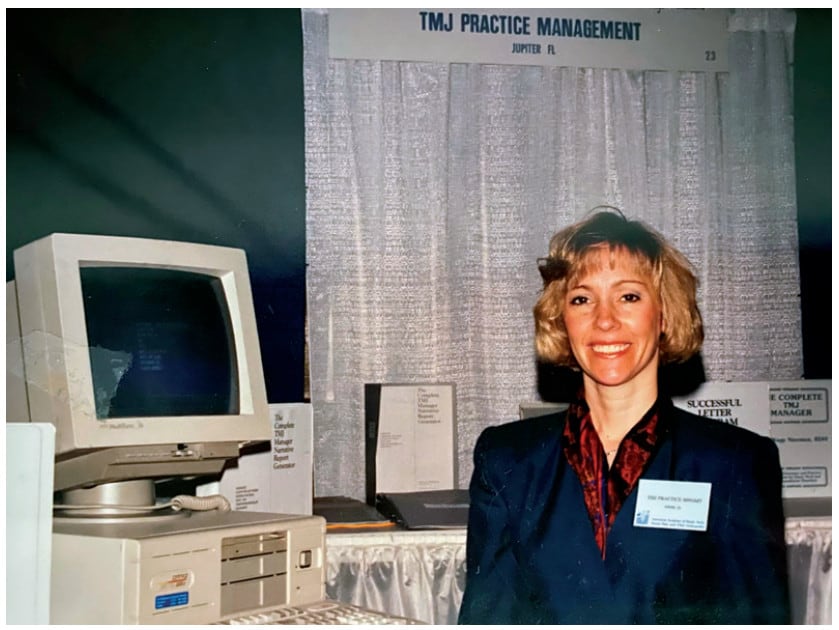
DSP: Have there been any changes that make this easier?
RN: The biggest has been the advent of telemedicine – by both physicians and dentists. Now, instead of having to tell your dental patient to wait for weeks or months to see a physician about sleep breathing, you can get this done very quickly. Several companies provide this service. There are also a lot of articles written about what documentation is needed; dentists can share these with referring physicians to make that process go smoother.

DSP: Do you think physicians know how billing works? Do they understand what their (and our) team have to do to get a claim paid?
RN: I don’t think they have a strong understanding of all the requirements. One helpful tip is for dental admin team members to connect with their counterpart in the physician’s office and tell them what we need is the same as what CPAP requires. I have noticed that some insurers request data about other treatments the patient has tried before paying. One company insists, for example, that patients must try diazepam and a soft diet before they will pay for any other TMD therapy. Can you imagine? Proof of delivery is another sticking point we are finding that’s relatively new. We are getting reports of denial of payment because the dentist didn’t have the patient sign a paper that says they received their custom device. We are advising all our clients to make sure they get those signatures!
Rose Nierman unequivocally made it possible for dental practices to significantly increase patient access to care for Dental Sleep Medicine (DSM) services by providing the education, software, and support required for successful and ethical medical documentation, coding, and billing. This profound impact on the DSM industry continues to transform practices, improve lives, and cultivate dental-medical community collaboration.
– Courtney Snow
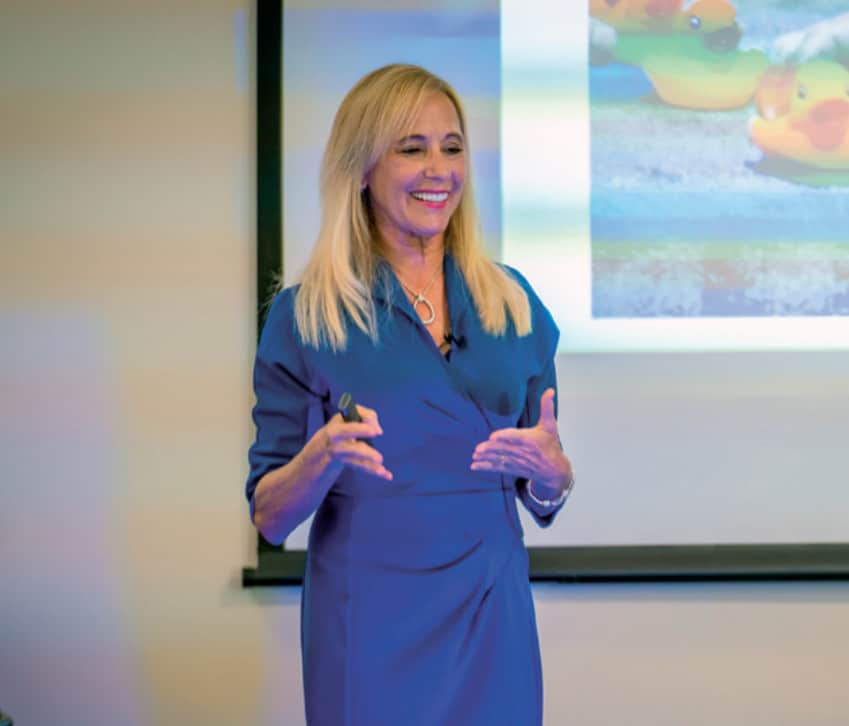
DSP: What about Medicare – CMS. Do you think dentists should sign up?
RN: Yes, we believe this is a beneficial step. Most physicians expect dentists to be enrolled, and we still advise dentists to enroll as non-participating DME suppliers. That gives the dental practice the ability to balance bill – meaning they have the option of collecting their full fee. We also think Medicare has done the best job detailing the information needed for a claim, so we advise all our clients to ‘document like the claim is going to Medicare,’ even for commercial carriers. It makes it simpler to do it all the same way.
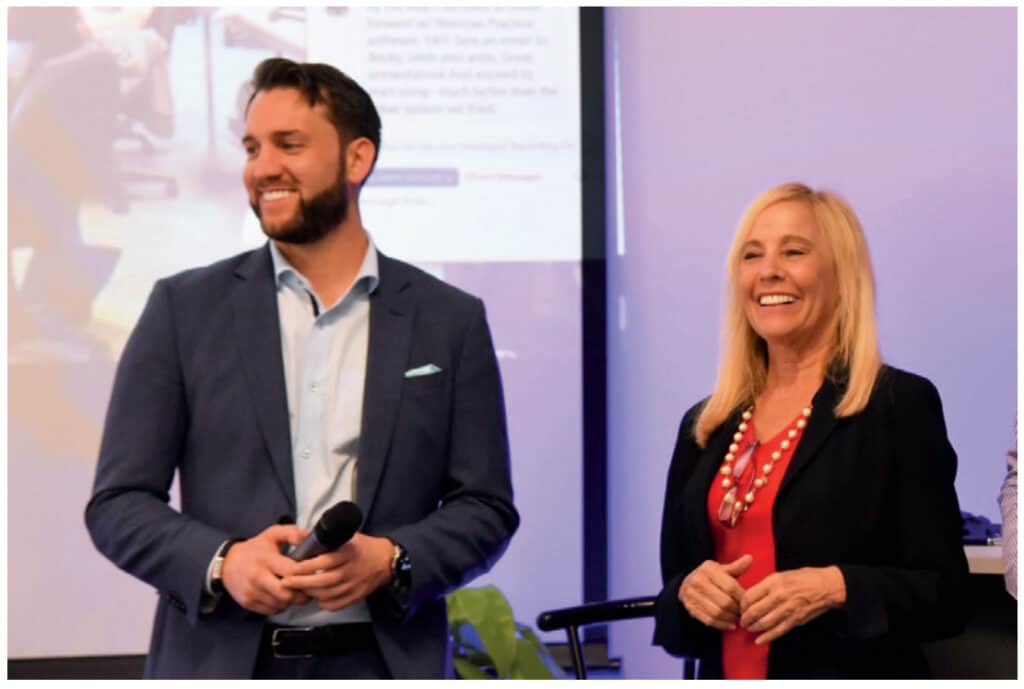
DSP: Medicare restricts us to using PDAC-listed devices. Now we see commercial carriers doing the same thing. What do you think about that?
RN: This is an area I wish the dental academies and organizations could help change. I think dentists should be in charge of choosing the right device for the patient.
DSP: Do you think dentists should be in network with medical carriers?
RN: In the early days, some dentists were quite successful in negotiating good fees on insurance contracts. Some still are, but I think many dentists are staying fee for service and assisting patients in obtaining reimbursement. I hear some consultants making big promises to dentists about getting them in-network with big fees, but those promises make me worry – it’s not always a slam dunk.
Several decades ago, while building a unique medical referral only TMD and Dental Sleep practice, I was struggling to keep up with reports seeing 30-50 new patients a month. I believe I was among the first clients that embraced Rose Nierman’s Dentalwriter program. Frankly, the practice was beyond capabilities of software. Rose has an infectious can do attitude. Her team adapted to me. Writing new code to handle my practice. 10k patients in my system. Full practice including billing and scheduling….dialed!
Over 30 years when I pivot, she’s a step ahead of me. A jewel of a human and a treasure of the profession.
Yes, “There’s a code for that”!
– Tim Mickiewicz, DDS
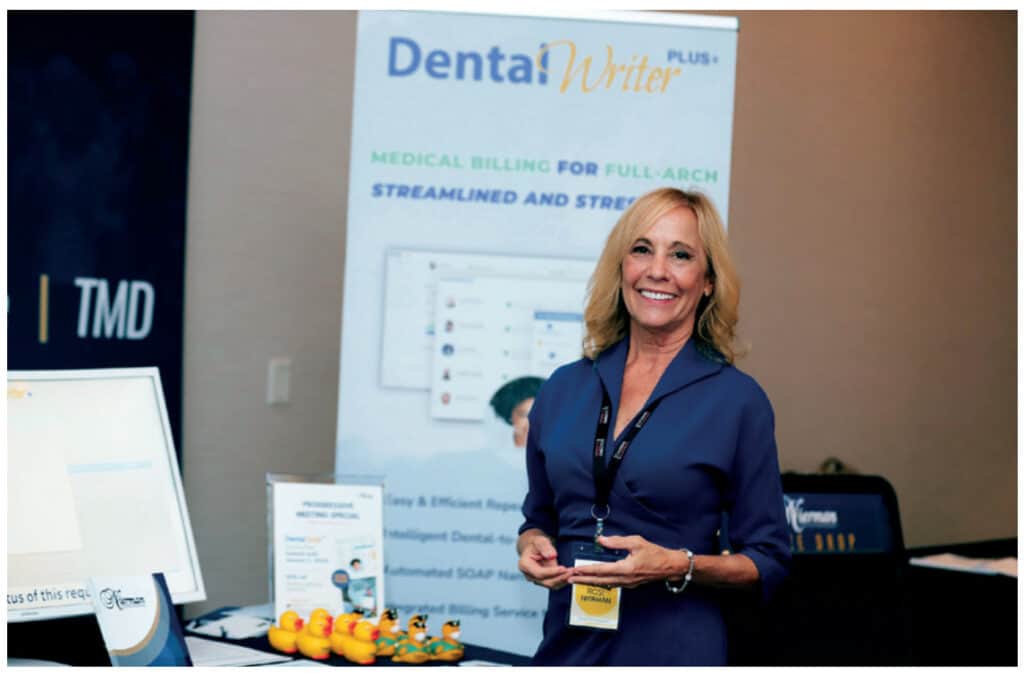
DSP: What about E&M codes and Medicare? – that’s another point of dispute.
RN: Medicare has come out pretty strongly against dentists charging evaluation and management fees, including at a panel at the last AADSM meeting. On the other hand, their new rules consider the time spent seeing patients, reading sleep reports, physician notes, and writing up the dentist’s own notes as the basis for E&M coding. These conflicting directives keep us guessing. I know offices that submit E&M codes and others that don’t without facing any definite Medicare response so far. I would recommend that dentists error on the side of caution and seek guidance about protocols. Either way, dentists still can’t bill anything for 90 days after delivery – that much is clear.
DSP: What’s the future look like, Rose?
RN: It’s not that much different than the past! Just like I changed from dental hygienist to become the TMD, then Sleep, Champion in my office, each dental practice must identify one team member who takes ownership and becomes passionate about helping people. Yes, there are challenges in staffing – we’ve all felt them – but those seem to be resolving and dentists can get on with the health improvements they offer. We celebrate when we can help our clients either bill on their own or guide them in how to succeed with a billing company. There are several billing companies, so there is no need to bill in-house if you don’t want to, at least at first. But even with a billing service, there needs to be that team member eager to coordinate.
Treating sleep and TMD problems is a great service to dental patients. I always say, “Get your ducks in a row! Don’t let billing problems keep you from rewarding your team, yourself, and your practice by creating happy healthy patients!”